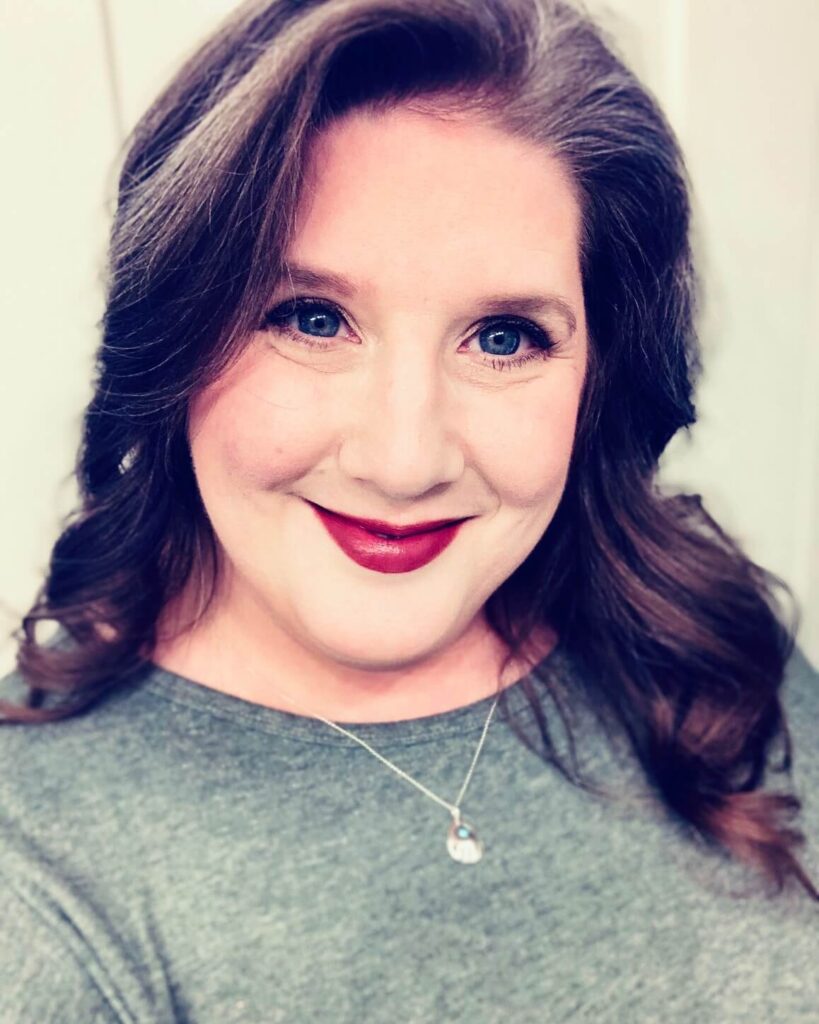This session is focused on how advocates can help in a pediatric care setting to understand how healthcare systems recognize and treat trauma. We will explore the difference between toxic stress and traumatic stress and its potential after effects.
Learning Objectives:
- Language and skills to identify trauma to help in navigating care
- Explaining terms including medical trauma, trauma-informed care
- What healthcare systems are doing to address trauma
BCPA Type of CE:
1 Ethics/J.E.D.I. CE
About The Presenter:
Brooks Keeshin, MD: Professor of Pediatrics, University of Utah Associate Vice Chair of Research, Huntsman Mental Health Institute
Brooks Keeshin, M.D., is a clinician researcher in the Division of Child Protection and Family Health at the University of Utah and Safe and Healthy Families at Primary Children’s Hospital. Dr. Keeshin is a child abuse pediatrician and child psychiatrist. Dr. Keeshin completed medical school at the University of Cincinnati, residency in pediatrics, general and child psychiatry at the University of Utah and fellowship training in child abuse pediatrics at Cincinnati Children’s Hospital. Dr. Keeshin is certified in Pediatrics and Child Abuse Pediatrics by the American Board of Pediatrics, and certified in General as well as Child and Adolescent Psychiatry by the American Board of Psychiatry and Neurology.
Dr. Keeshin provides inpatient and outpatient child abuse pediatrics consultation at Primary Children’s Hospital as well as outpatient psychiatric services for children and families with a history of abuse or trauma.
Dr. Keeshin’s research interests include (1) acute and long term neurobiological changes associated with exposure to child maltreatment and (2) early clinical interventions to decrease the risk of PTSD and other psychological distress among children exposed to maltreatment and violence. Dr. Keeshin has received research support from the American Academy of Child and Adolescent Psychiatry and was a Doris Duke Fellow for the Promotion of Child Well-Being.
He currently serves on the Board of Directors for the Academy on Violence and Abuse and is a member of the American Academy of Child and Adolescent Psychiatry Committee on Child Maltreatment and Violence.
About The Moderator:
Malynnda Johnson, PhD, MA, BCPA
Dr. Malynnda Johnson is an associate professor in the Department of Communication, teaching primarily health communication and media studies. She completed her PhD in 2012 at the University of Wisconsin—Milwaukee. Currently, she teaches interviewing and counseling, persuasion, interpersonal communication, health communication, media criticism, and cross-cultural communication.
Additionally, she has recently launched her consulting firm, Compassionate Navigation LLC. There, she actively works within the medical field, offers consults for patient advocates, and helps patients and families navigate the difficult conversations they face. While she works with anyone in need, she often works with minority groups such as neurodiverse and LGBTQIA+ populations. When she is not writing, teaching, or serving her community, she is frequently found with her two dogs hiking or camping in the woods of Indiana.
